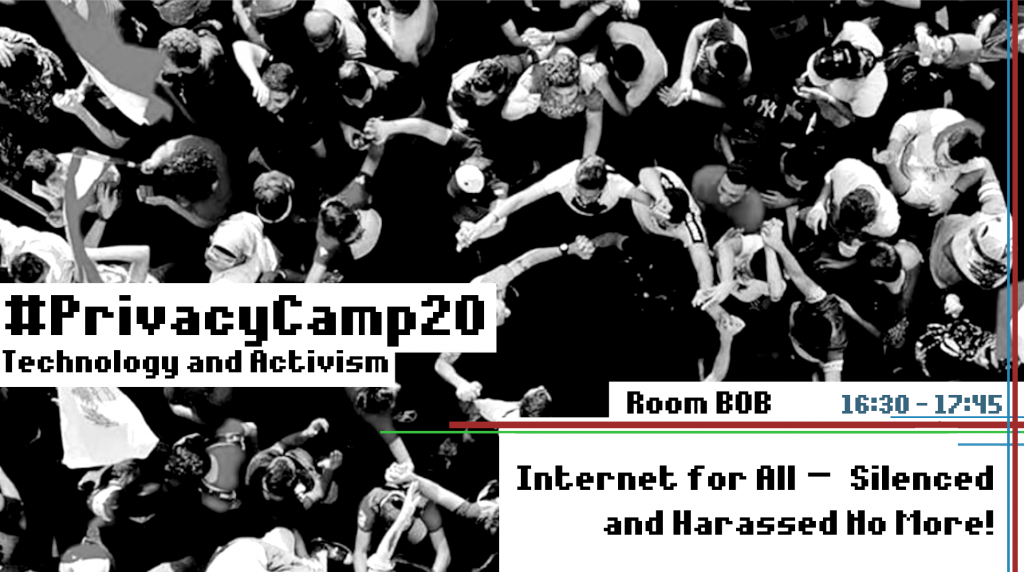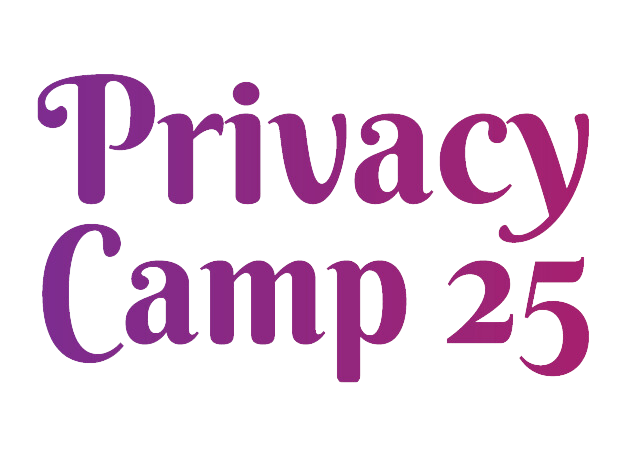According to a recent report, 20% of young women in the European Union have experienced sexual harassment online while one of four LGBTQIA people experience hate speech. Recent research found that filtering machines were more likely to flag tweets from black people than white people as offensive. Abusers look for images of people with visible disabilities on Facebook to create memes or jokes. Hate speech and current racist, sexist, and generally discriminatory content moderation practices should be taken into account when we discuss what community rules and online content regulation we want to advocate for.
While the debate on freedom of expression and hate speech is resurfacing, it is overwhelmingly framed and overcrowded by voices who hold a privileged position in society. However, some of the first to be concerned are women, LGTBQIA groups, people with disabilities and especially migrants and minority ethnic groups who are more likely subject to online harassment and violence, arbitrary content takedowns and massive campaigns of intimidation. This leads these groups to self-censor, restrict their freedom of expression and their meaningful participation online.
This session will explore the various forms of violence encountered online by these vulnerable groups: hate speech and harassment, but also discriminatory restrictions of political speech. It will provide a space for discussing the political use of social media from the perspective of the targets of online hate and moral policing and censorship.
Moderator:
- Chloé Berthélémy, Policy Advisor, European Digital Rights
Speakers:
- Alejandro Moledo, Policy Coordinator, European Disability Forum
- Pamela Morinière, Head of Campaign and Communication department and Gender officer, International Federation of Journalists
- Oumayma Hammadi, Project Manager, Rainbow House Brussels
- Štefan Balog, Educational Activities Coordinator, Romea

Check out the full programme here.
Registrations are open until Friday 17 January, 2020 here.
